* Note: This blog was written prior to the COVID-19 pandemic. Although much has changed regarding our sponsored children’s learning experience in the past months, our On the Road stories remain relevant in regards to our volunteer coordinator’s work and the impact of sponsorship on children in our program thanks to our sponsors. We are pleased to continue to share stories with you about our work.
***
It’s difficult to comprehend that children can continue to go to school when they don’t have a home — but for some students at John Hayden Johnson Middle School in Washington, D.C., they don’t have an option.
We hear from Children Incorporated Director of U.S. Programs, Renée Kube, about how homeless children in our nation’s capital manage to stay in school and how administrators at Johnson Middle are supporting them.
We hear from Children Incorporated Director of U.S. Programs, Renée Kube, about how homeless children in our nation’s capital manage to stay in school and how administrators at Johnson Middle are supporting them.
A newer affiliation
“Johnson Middle is one of our newer affiliated projects in Washington, D.C,” explained Renée.
“The school is located in the Douglass neighborhood of Ward 8. It is adjacent to the old, historic St. Elizabeth’s Psychiatric Hospital, which opened in 1855 as the first federally operated psychiatric hospital in the United States. The back of the school grounds borders the hospital’s east and west cemeteries.”
“The school serves 275 children in grades sixth through eighth. The make-up of the student body is 97% black and 3% Hispanic/Latino. Sixty-two percent of students come from within the district’s boundary — and every student at the school is considered economically disadvantaged,” said Renée.
Meeting Jason
“Our Volunteer Coordinator at the school is Jason. It has taken him a while to build rapport and trust with his parents, but he is obviously a very caring person and wants to make a difference.”
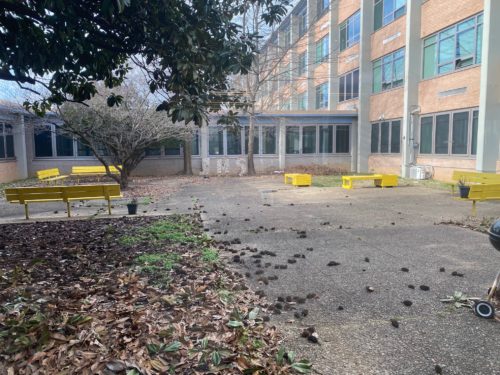
John Hayden Johnson Middle School supports kids who are struggling as homeless teens.
While visiting with him, Jason told me that the school has a large percentage of homeless families, mostly single mothers, and their children. The shelters in Washington, D.C. will often get too full and overcrowded, and most are not safe places for children as they offer little protection,” said Renée.
“Jason continued to explain that Washington D.C. City Council has established a program for homeless women and children where the family is put into a motel room, and the city pays the motel rates. The children ride the city buses free to their schools so that they can continue to go instead of dropping out due to a lack of transportation. He said almost all of the kids he has put on our program are homeless.”
A need for enrichment for kids
“Before we concluded our meeting, I asked Jason how Children Incorporated could further help him in his efforts to support homeless children at his school,” said Renée.
“Jason said his biggest needs as a coordinator are food, especially nutritious snacks, hygiene kits, and good old fashioned “play clothes,” which will keep the students’ uniforms in better shape for a more extended period of time. He told me that many kids are wearing their uniforms when they get home in the evenings and on the weekends because that’s all they have.”
“Finally, Jason informed me that he wished for a way to provide enrichment outside of the neighborhood for kids. Ward 8 is lacking in anything cultural for the children to enjoy after school,” said Renée.
“Jason dreams of taking his students into Ward 2, which can be seen from the hills near the school grounds. Ward 2 has the National Mall, the White House, the monuments, and the museums. It’s what tourists experience, but not what his students have ever seen in person. He feels that it is incredibly important for kids living in D.C. to get to experience all that the city has to offer by taking them on field trips that will show them a world that exists outside of their impoverished neighborhood.”
***
How do I sponsor a child in Washington, D.C.?
You can sponsor a child in Washington, D.C. in one of three ways: call our office at 1-800-538-5381 and speak with one of our staff members; email us at sponsorship@children-inc.org; or go online to our sponsorship portal, create an account, and search for a child in Washington, D.C. that is available for sponsorship.

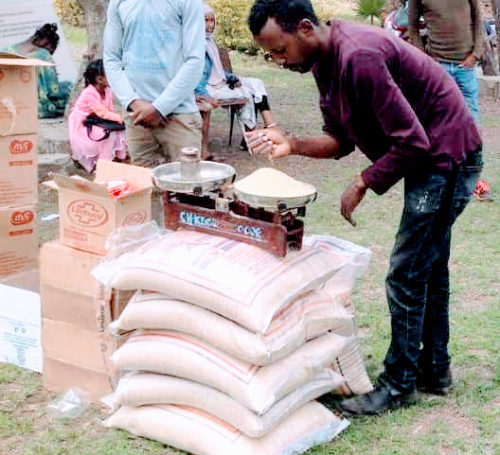
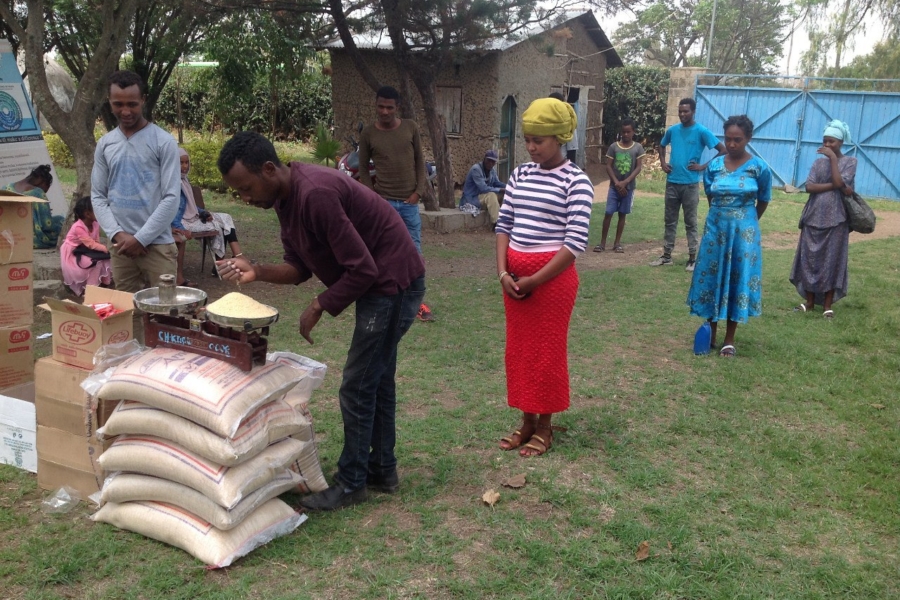
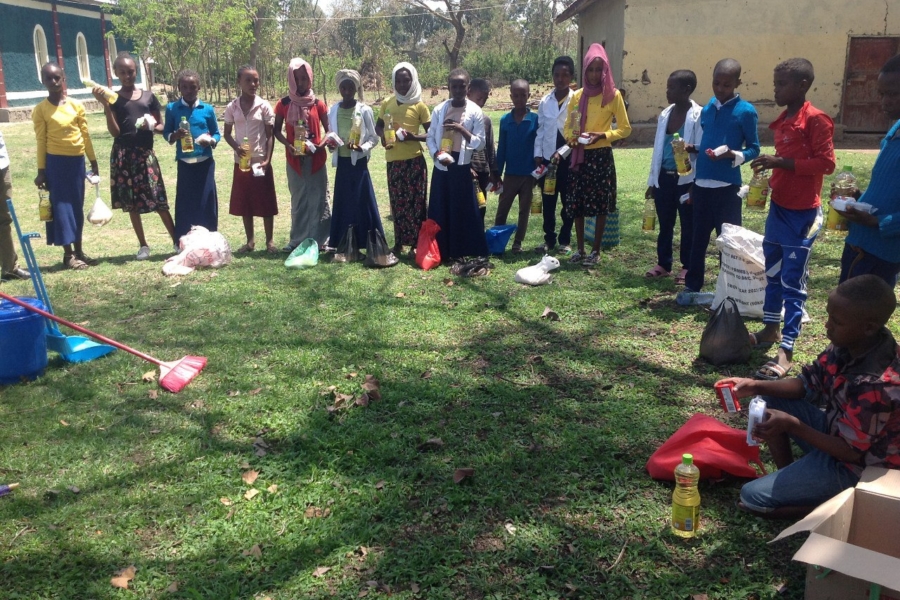
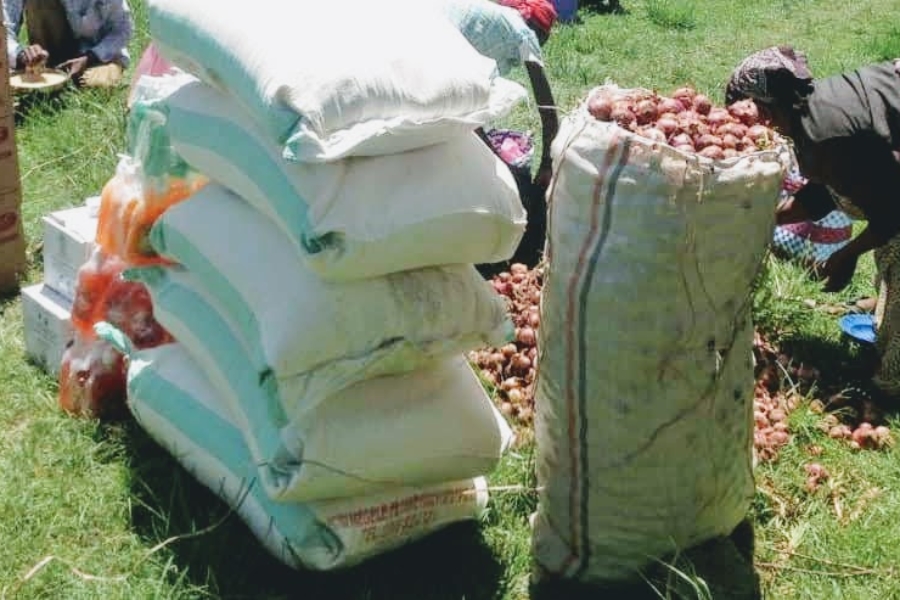
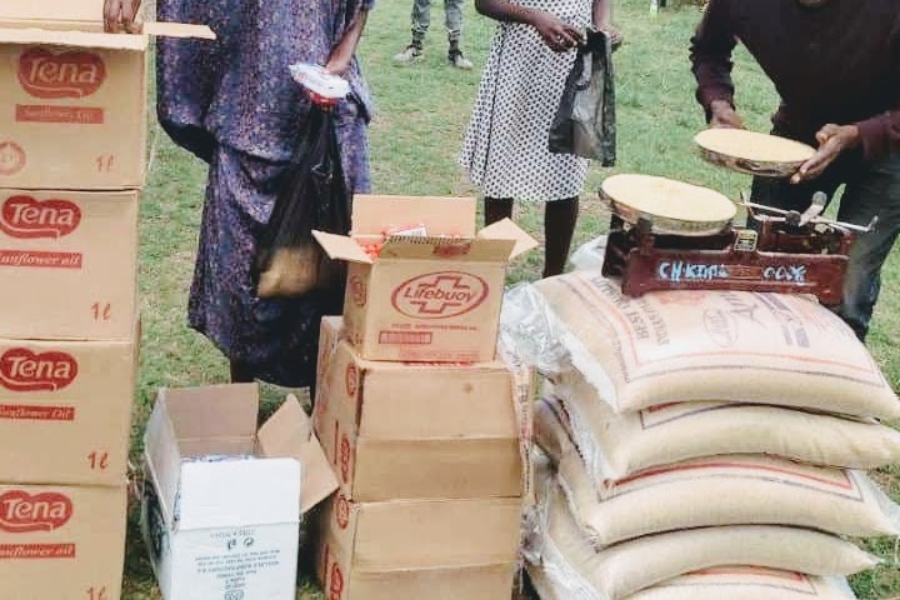

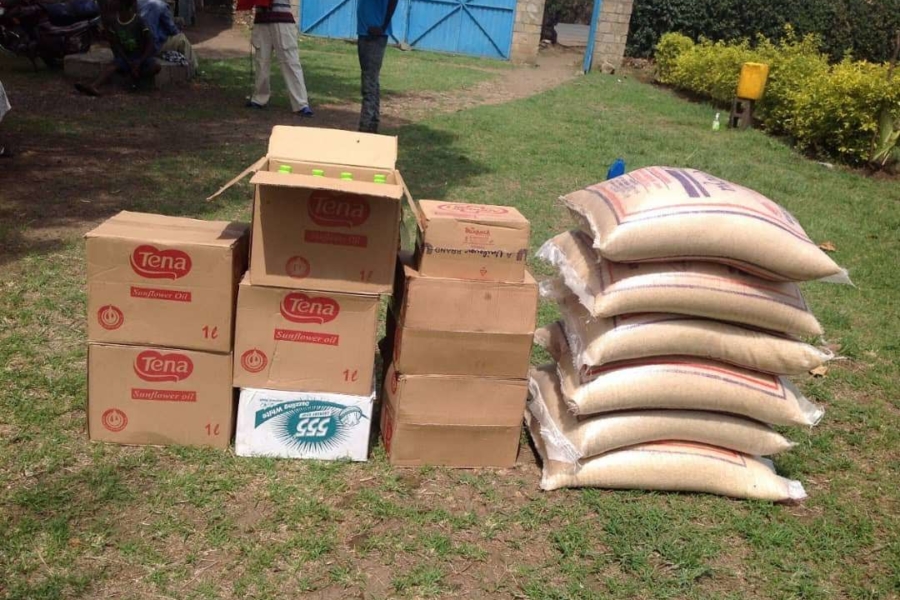
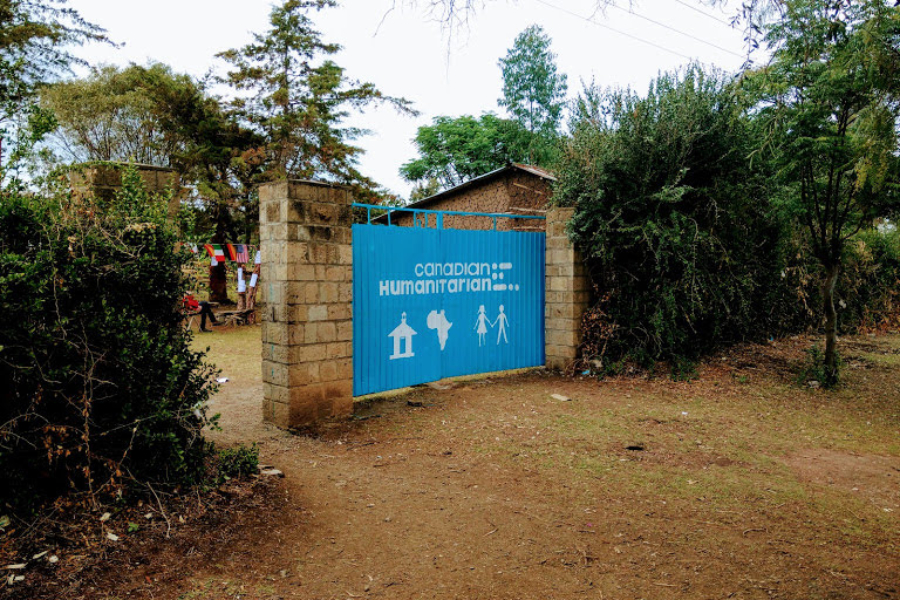
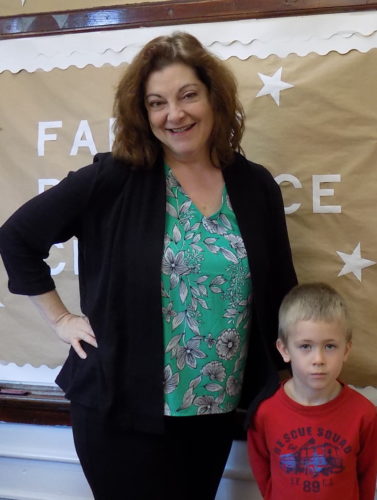
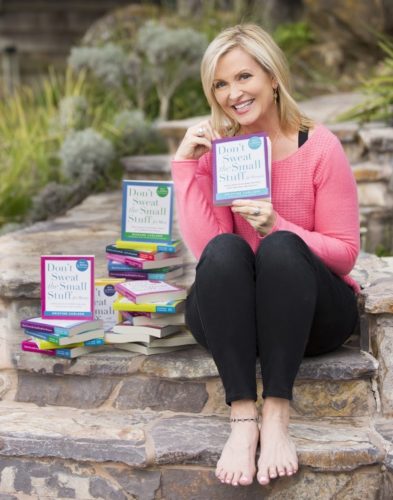
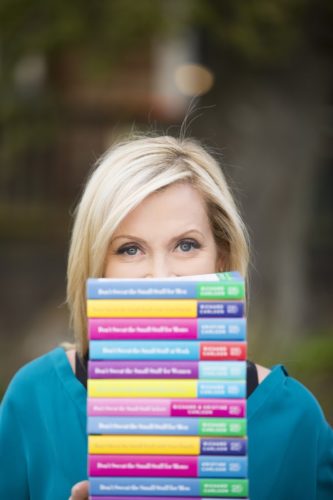
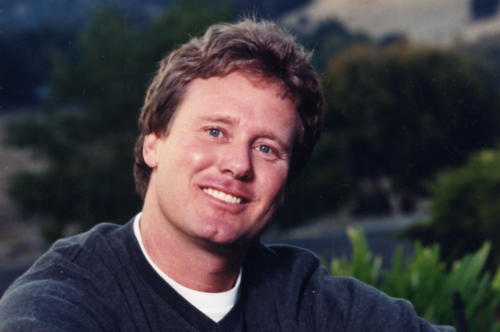
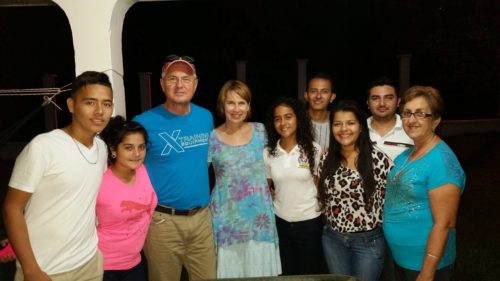
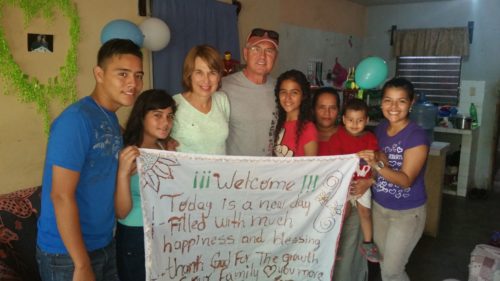 DW: Yes, I try to write them at least as often as they do, if not more — six to eight times a year, and then on birthdays and holidays as well.
DW: Yes, I try to write them at least as often as they do, if not more — six to eight times a year, and then on birthdays and holidays as well.